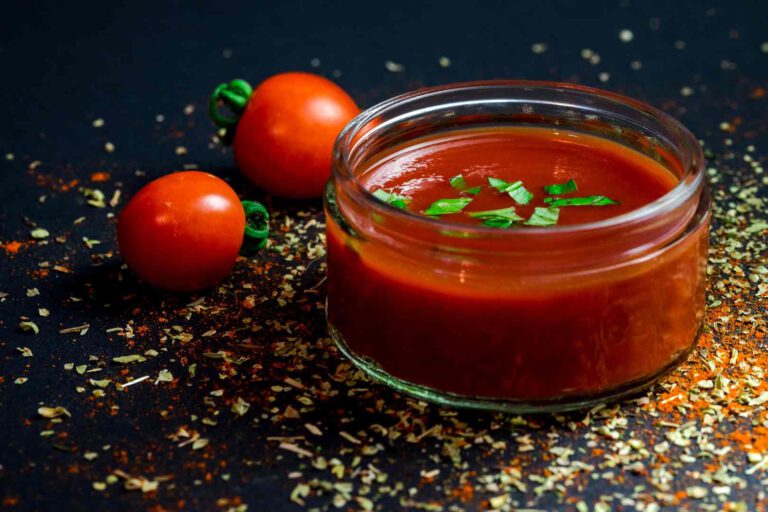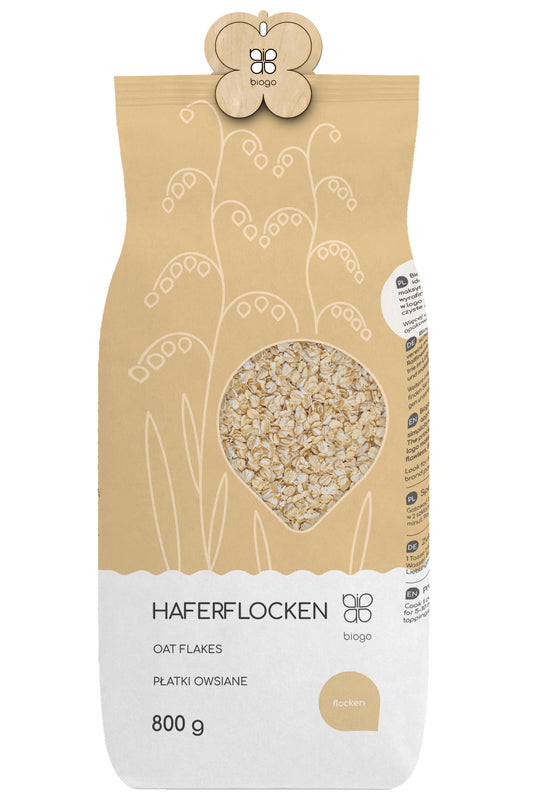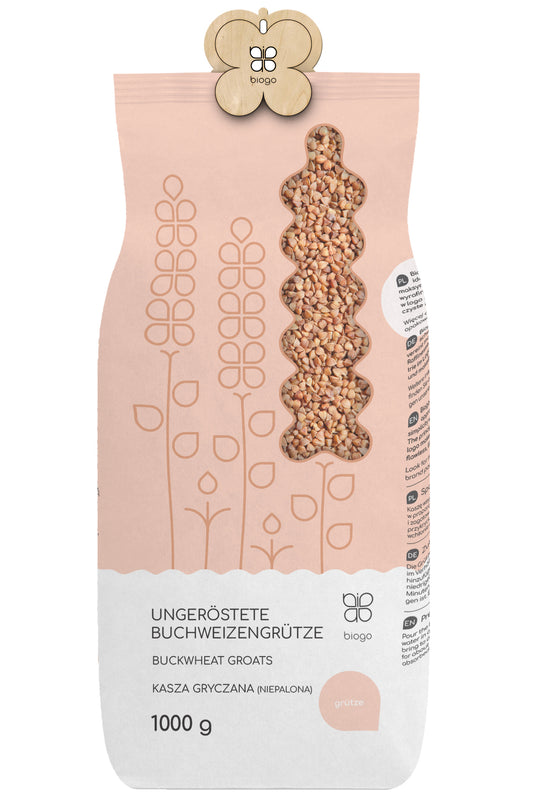Contents:
Lycopene is an organic chemical compound belonging to the group of pigments known as carotenoids. It is lycopene that gives some vegetables their intense yellow, orange, or red color. Along with other carotenoids, it participates in the process of photosynthesis and protects plants from light damage. However, these are not its only properties; lycopene is also a natural antioxidant, and consuming products containing it provides our body with numerous health benefits. Therefore, it's important to know where lycopene comes from and what we can achieve by including lycopene-containing products in our daily diet.
Health-promoting properties of lycopene
Of the entire group of carotenoids, which also includes lutein, β-carotene, and zeaxanthin, lycopene has the strongest antioxidant properties. This means it neutralizes free radicals that contribute to the accelerated aging process of cells. In addition to its very strong antioxidant properties, lycopene also has anti-inflammatory and immunomodulatory properties, meaning it stimulates the immune system to function properly. It also helps inhibit abnormal cell growth processes. When supplied to the body along with a healthy, varied diet, it can protect against the development of many serious diseases such as cardiovascular disease or some types of cancer. In summary, lycopene works as follows:
- anti-inflammatory,
- antifungal,
- antibacterial,
- reduces the amount and slows down the action of harmful free radicals in the body,
- supports the proper functioning of the cardiovascular system,
- reduces the risk of heart attack and stroke,
- influences the dilation of blood vessels,
- lowers the level of bad cholesterol,
- has a positive effect on the condition of the skin.
Sources of lycopene
Since our bodies cannot produce lycopene on their own, we must provide it with proper nutrition; we can also take it in supplement form. The most valuable source of lycopene is tomatoes, and those ripened in the sun rather than in a greenhouse contain the most. It is also found in lower concentrations in red pepper, watermelon, rose hips, dried apricots, and red grapefruit. An interesting fact is that thermal processing of tomatoes increases the concentration of lycopene, making its bioavailability higher than in raw vegetables. Therefore, processed tomatoes contain the most lycopene, so it's worth drinking and eating them:
- tomato juices ,
- tomato soup,
- Purees and passata,
- tomato paste,
- ketchup
Consuming lycopene in our diet and taking it as a supplement provides many valuable health benefits. Because it supports proper heart function and slows the action of free radicals, which are responsible for, among other things, the aging process, the breakdown of healthy cells, and the development of cancer, lycopene consumption is particularly beneficial for smokers and those who may be at genetic risk for cancer or heart disease.
THE PUBLISHER'S CHOICE
Dried dates 1 kg BIOGO
- £4.00
£5.00- £4.00
- Unit price
- / per
Peeled sunflower seeds 1 kg BIOGO
- £3.00
£4.00- £3.00
- Unit price
- / per
Dried organic mango 400 g BIOGO
- £10.00
- £10.00
- Unit price
- / per
Dried White Mulberries 500 g ORGANIC
- £6.00
£7.00- £6.00
- Unit price
- / per
Organic Ground Turmeric 500 g BIOGO
- £6.00
- £6.00
- Unit price
- / per
Oat flakes 800 g BIOGO
- £3.00
£3.00- £3.00
- Unit price
- / per
Milk thistle seeds 1 kg BIOGO
- £4.00
- £4.00
- Unit price
- / per
Popcorn (corn kernels) organic 1 kg BIOGO
- £6.00
- £6.00
- Unit price
- / per
Organic cashew nuts 1 kg BIOGO
- £18.00
- £18.00
- Unit price
- / per
Unpeeled buckwheat groats 1 kg BIOGO
- £3.00
£3.00- £3.00
- Unit price
- / per







































































































































